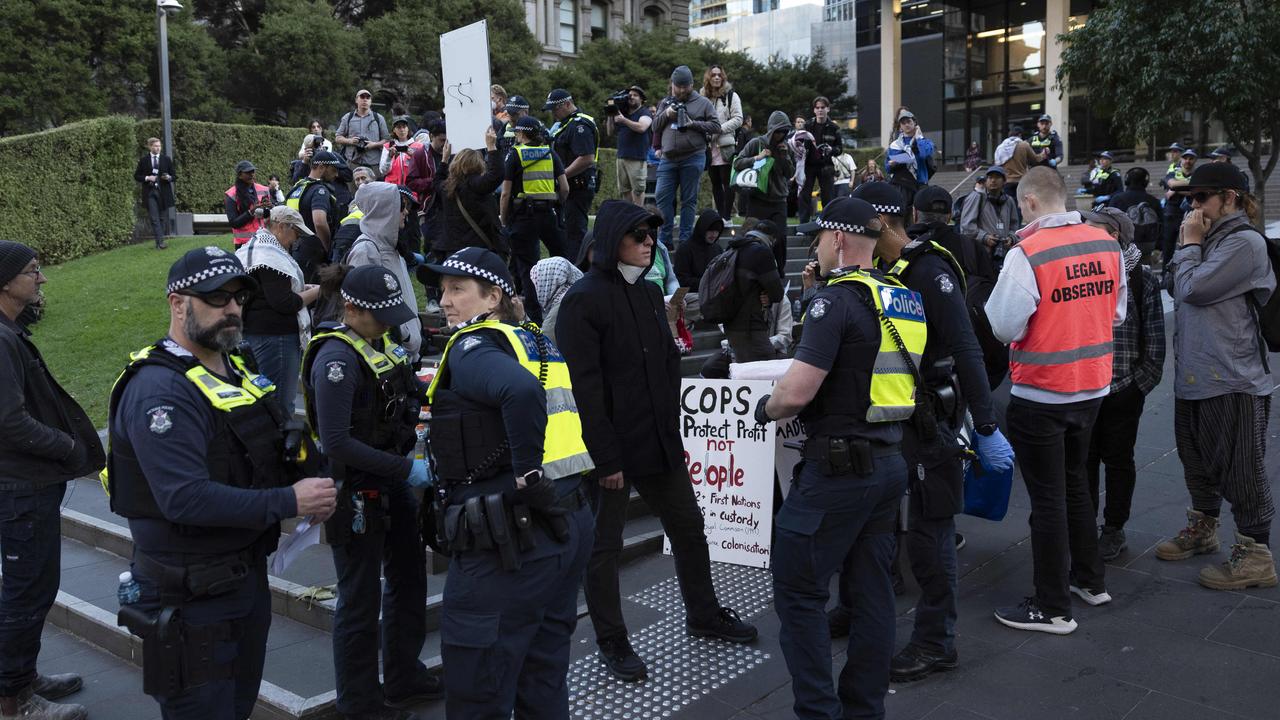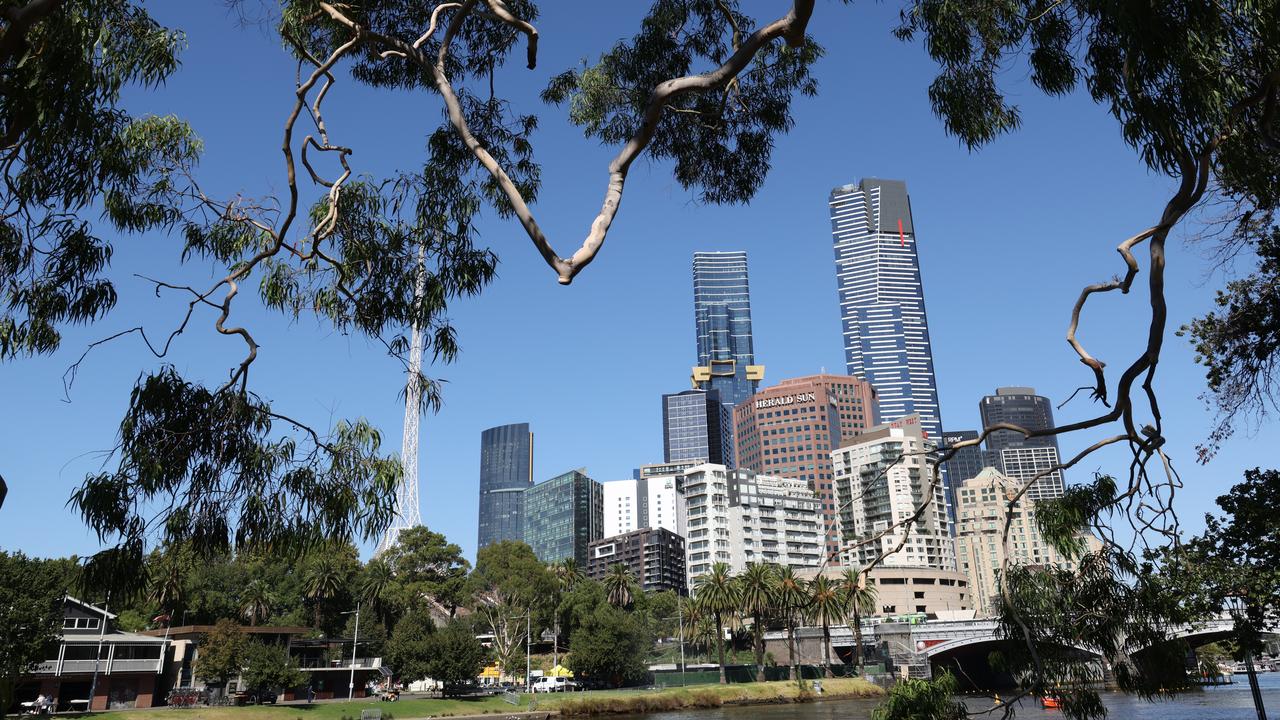Business leaders warn of looming financial carnage amid energy crisis
The perfect storm hitting Australia’s energy system could force the mass shutdown of businesses if action isn’t taken now, experts say.
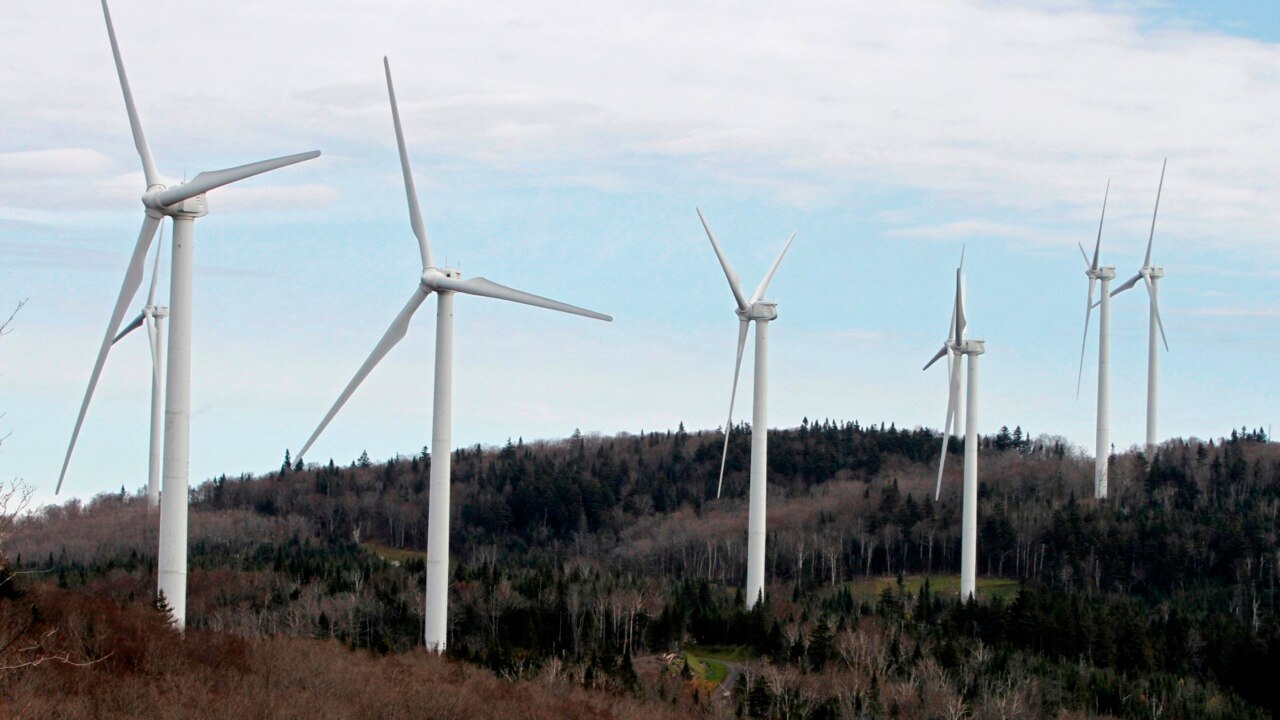
Victoria
Don't miss out on the headlines from Victoria. Followed categories will be added to My News.
Widespread business closures will be the inevitable result of soaring energy costs, according to industry leaders.
They warn of economic carnage without urgent action.
Businesses, employer groups and unions on the front line of Australia’s energy crisis say companies face a dire choice between raising their prices and absorbing the higher cost of gas and electricity, and that some will not survive.
“They can bleed for a short period of time, but over a long period of time they will bleed to death,” Energy Users Association of Australia chief executive Andrew Richards told the Herald Sun.
“We’re starting to see that happening already.”
The wholesale gas price exploded from $10 to $800 a gigajoule last month before a $40 cap was imposed – still at least four times higher than what businesses were paying last year.
It precipitated the collapse of Advance Bricks in Stawell after more than 80 years in business, and industry chiefs warn more companies are on the brink, especially if their gas contracts now need renewal.
While Victorian Energy Minister Lily D’Ambrosio said she was pushing “on the national level for more support for businesses”, some business groups want the federal government to intervene in the gas market to drive down prices, rather than to be given taxpayer-funded handouts.
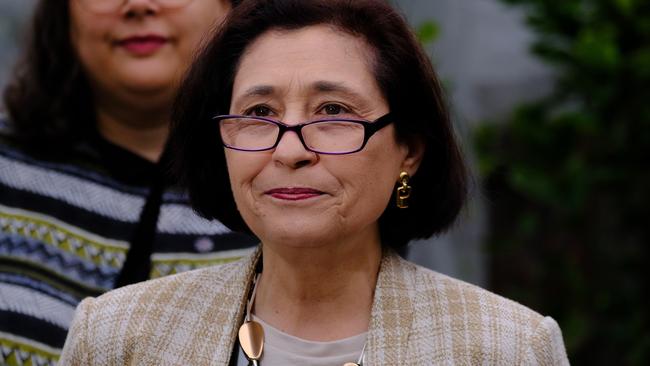
Australian Industry Group chief executive Innes Willox said firms were exposed to gas prices at “appalling highs” as they came off contracts.
“That means either higher prices for products like processed food, packaging, fertilisers and building materials that use a lot of gas today, or serious challenges to the viability of those essential businesses,” he said.
Victorian Chamber of Commerce and Industry boss Paul Guerra agreed, saying he had met with Ms D’Ambrosio to push for government intervention to ensure power supplies “at a reasonable price”.
“No industry is exempt from the impact of soaring energy costs. It is impacting businesses of all sizes and sectors as prices spike and supplies remain under continued immense pressure,” he said.
Mr Richards said the perfect storm in the energy sector was the worst in half a century, delivering a “hammer blow” to manufacturers and other energy-intensive businesses.
He said businesses coming off gas contracts were “rolling into a furnace”, and the situation would get worse unless gas producers were willing to reduce prices.
“Coming into a new contract or getting a new tariff, (businesses) are going to walk into what is the mother of all fires, and they’re going to get burnt really badly because they’ll have nowhere else to go,” Mr Richards said.
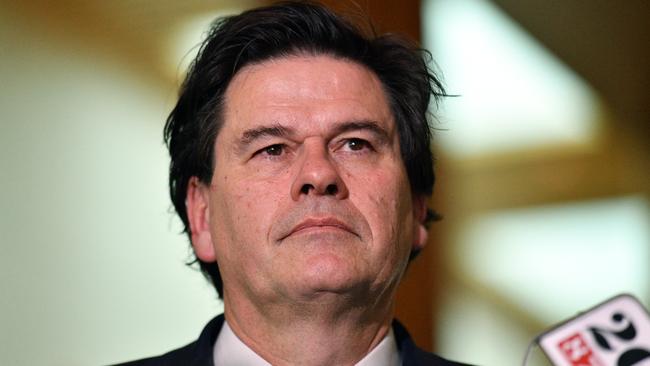
Kagome, Australia’s biggest tomato processor, based in Echuca, which employs up to 400 staff, would be paying an extra $8m for gas this year if its contract ended now rather than in 2023.
Chief executive Jason Fritsch said he feared he would regret not locking in his contract for next year.
He will lead an industry delegation to visit Ms D’Ambrosio and federal Energy Minister Chris Bowen to push for them to intervene in the market.
“If they don’t get this sorted out in the next six to 12 months, there will be carnage. There will be processors and manufacturers all over the country shutting down,” Mr Fritsch said.
“The system is completely and utterly broken … if Australian processors and manufacturers cannot get a readily available supply of energy at a competitive price then they will disappear.
“It’s as simple as that.
“The east coast is a disaster zone … it’s terrible, it shouldn’t be like this.”
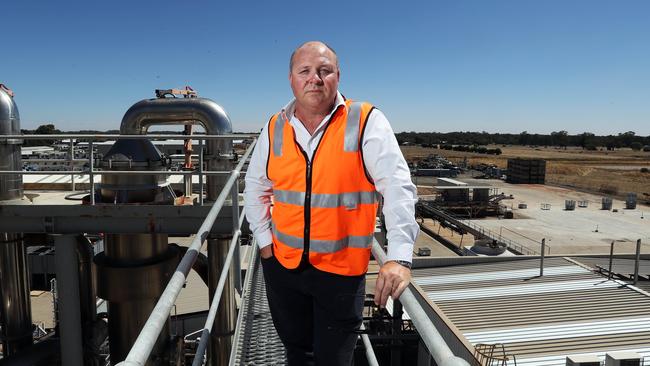
Australian Workers Union state secretary Ben Davis warned the problem could get worse unless the government capped exports or put a windfall tax on exports to provide an incentive for producers to keep more for domestic use.
“It is a nonsense that we are the biggest gas-producing nation in the world and yet we have a gas shortage locally,” he said.
Mr Richards said gas producers could be “heroes or villains”, warning businesses were otherwise “in the death zone” if they faced gas prices above $20 a gigajoule.
“We’re not asking you to go broke … just give us a break,” he said.
The Albanese government is reviewing the gas export trigger, with Industry Minister Ed Husic promising a “reasonable, practical solution”. He said he was “absolutely agitated” with the gas producers.
“This is not an issue that we don’t have the gas. It is the supply that is available locally at a price that works for industry,” Mr Husic said recently.
But the Australian Petroleum Production and Exploration Association maintains domestic supplies are “secure and at near record levels”.
“The vast majority of manufacturers are either long-term, lower-price contracts or aren’t major users of gas and so not materially affected by gas prices,” chief Damian Dwyer said.
Shepparton food giant SPC flagged price rises for its products without government help.
“We risk coming to a cliff on energy prices if we don’t do something,” chief executive Robert Giles said.
“We ask the government to work with us to find a solution in order to avoid further price increases of food products, acknowledging there is a breaking point when consumers can no longer afford it.”
Mr Willox said most Victorian firms were yet to feel the impact of soaring wholesale electricity costs as well.
“When they do, they will try to stay in business by raising prices … if their customers won’t wear higher prices, more energy-intensive manufacturers could easily go to the wall,” he said.
POLY MAKER SAYS PRICES RISK JOBS
Australia’s only manufacturer of the most common plastic, polyethylene, warns soaring gas prices is putting manufacturing jobs at risk.
Qenos directly employs 550 people and 250 contractors across its two energy intensive plants at Altona and Botany Bay.
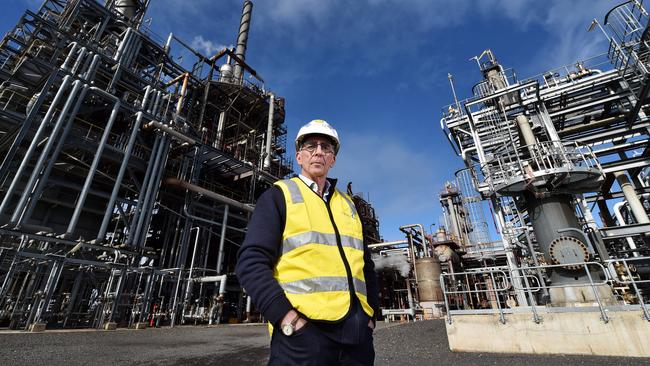
The plastic is used in everything from packaging that keeps breakfast cereal crunchy and milk fresh, to shadecloth, and protection for telecommunication cables.
But the manufacturer, which buys about 20 per cent of its natural gas from the spot market, has been hit hard by the 400 per cent escalation in gas prices.
Chief executive Stephen Bell said the rising bills were having a material impact on the cost of making its products, as the company competes against imports from global suppliers.
“Qenos needs internationally competitive gas pricing, which is the sort of pricing that similar large gas exporting countries make available for their own domestic market and industries,” Mr Bell said.
“This current level of gas pricing is not sustainable for large manufacturing businesses like Qenos, putting ongoing business viability and manufacturing jobs at risk.”
The company is focused on optimising its operations to minimise gas usage and therefore costs.
But Mr Bell said more gas supply was required to resolve the “dysfunctional” east coast gas market.
“In the near term, the government needs to facilitate an urgent whole of industry meeting with key stakeholders including producers and manufacturers to agree how we are going to solve this gas pricing problem.”
CRUNCH PUTS MILL A ‘HICCUP’ AWAY FROM TROUBLE
The gas crunch has one of Victoria’s last textile mills on its knees as it battles an uncertain future due to astronomical energy prices.
Flickers Australia, which has previously made the fabric for the iconic baggy green cap, relies heavily on gas and water to dye, clean and print textiles.
The Sunshine manufacturer had a fixed contract with Weston Energy before it lost its gas-retailing licence in May amid soaring gas prices.
Under the contract, managing director Yaron Flicker was paying up to $40,000 a month for gas.
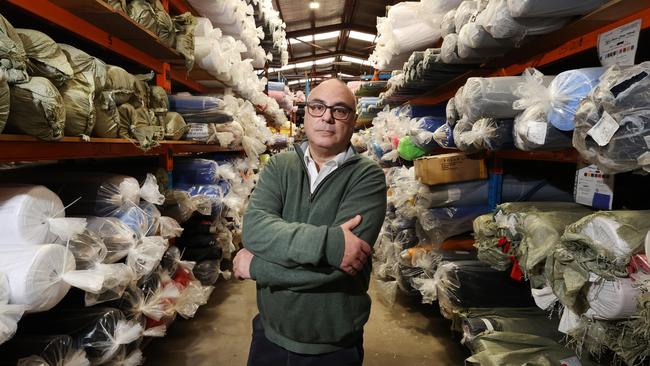
But he now estimates his bill may skyrocket to a whopping $160,000 under the “last resort” mechanism, which maintains supply while he seeks a new provider.
Dr Flicker has been forced to slap a surcharge on the per kilo price to customers to bridge the gap. He said clients had to pay it at the moment because they couldn’t get the fabric from overseas.
But that could change. He warned the company would face closure if more wasn’t done to boost gas supply and drive down costs.
“My business is being hurt,” Dr Flicker said. “Prices have gone through the roof.
“All we need is one more hiccup … It‘s enough to close us down.
“This is existential, not just difficult.” The future of about 40 direct staff and up to 800 workers indirectly supported by the company is also at risk.
Flickers supplies fabric for the army, fire services, school wear, the Olympics, fashion companies and furniture.
It has a tender out for a new fixed gas contract.
But several retailers said they had no gas supply to offer.
Dr Flicker also raised concerns about gas contracts with a “take or pay” clause – which sets out a minimum companies must pay a year – saying it would end his business because the liability was too great.
He demanded more gas be put into the system to address the crunch.



